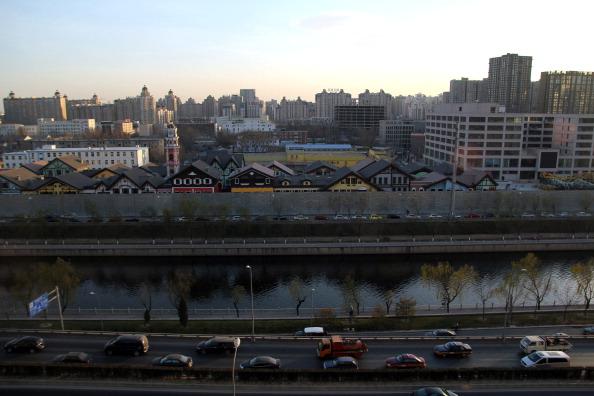Second-hand houses have flooded the market in Beijing and other major cities recently, according to real estate experts in China. The activity appears to be a result of speculation about the consequences of the five measures being rolled out by the State Council meant to prevent the real estate market from spiraling out of control.
One measure was to raise taxes on second-hand housing transactions to discourage property speculators. This policy was temporarily successful in Shanghai, Shenzhen, and Guangzhou, as speculators in these cities have laid low, at least for the time being.
But when it became increasingly difficult for them to get by, given that many have borrowed at high rates, they began dumping their houses and apartments, making it difficult for everyone to make a profit, says Niu Dao a well-known commentator on China’s real estate industry.
There have been over ten thousand second-hand homes sales for two consecutive weeks in Beijing, according to Niu. The number of second-hand houses on the market in the last two weeks almost surpassed total sales volume for April.
With the surge in second-hand transactions, new developments have slowed down considerably. Earlier this week, the dip in transaction had exceeded 30 percent, Niu Dao wrote on his Sina web page.
“The collapse of the real estate prices in China will surely start in Beijing—the bigger the housing bubble, the harder the fall,” he said.
Analysts are drawing comparisons between the possible trajectory of China’s housing market now to what Japan went through in the 1990s. In 1992 Japan saw the evaporation of 80 percent of the wealth in its real estate market, and the following year 21 banks declared $110 billion in bad debts, a third of it related to property. Housing prices were cut in half. Hong Kong witnessed a similar plunge. Both were due to developers putting flooding the market in an attempt to offload their housing stock.
A decline in the housing sector would have adverse affects on the rest of the economy, analysts say. Businesses in many sectors in China have invested in real estate.
Xie Yifeng, a real estate analyst, told the Chinese press: “The true reason why local governments keep selling properties is because there are too many debts. Their finances are out of whack.”
Research by Ariel Tian. Translation by Frank Fang.




